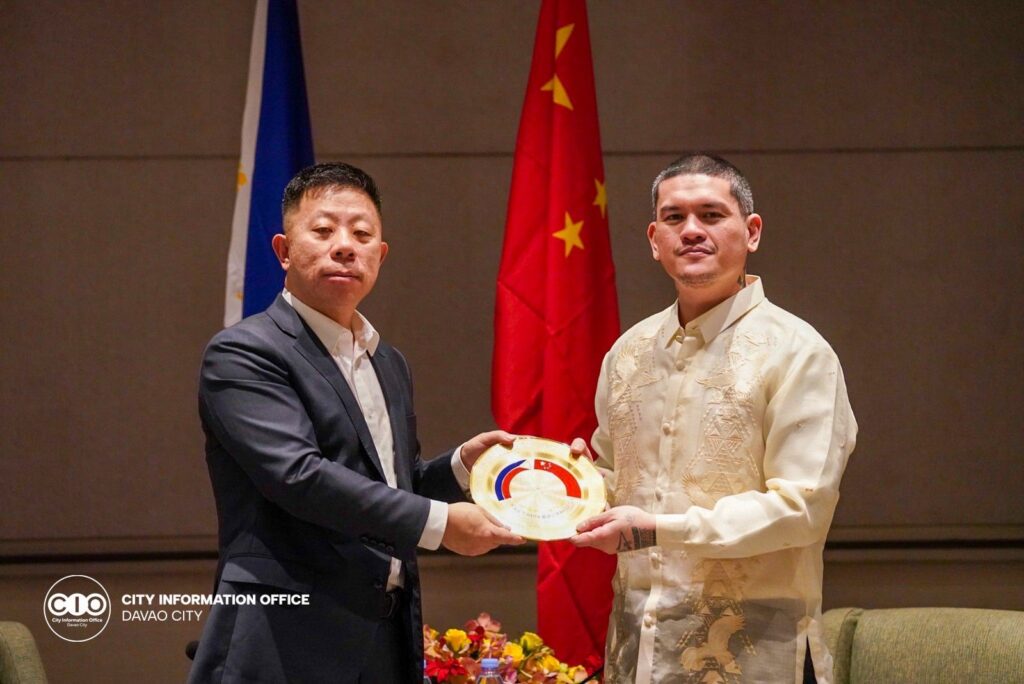While standing on the Bosphorus Bridge, straddling Asia and Europe, I found myself among locals who had lined the railings with their fishing rods, patient and unhurried, as if the whole day belonged to the water.
As ferries cut across the strait and the domes of Istanbul gleamed in the distance, I thought of home. There, in Türkiye (Turkey)—a country that welcomed over 52 million visitors in 2024—I could not help but compare it with our “Love the Philippines” campaign, and how our own arrivals, at 14.7 million, still lag far behind our neighbors like Bangkok with 35 million, and Malaysia with 25 million.
For almost two weeks, I journeyed across Turkey—through Istanbul’s layered streets, the dreamlike valleys of Cappadocia, and the ancient stones of Ephesus. It was a short visit, too brief to claim deep knowledge of a country so vast and complex. Yet even in that span, I caught a glimpse of how tourism is not just an economic activity but a national ritual, woven into the country’s identity and pride.
Turkey is classified as an upper-middle-income country, an emerging market, and a founding member of the Organization for Economic Co-operation and Development (OECD) and the powerhouse Group of 20 (G20). It holds the 16th-largest economy by nominal Growth Domestic Product (GDP) and the 11th-largest by purchasing power parity. But beyond the numbers, what impressed me most was how tourism is treated as a coherent national project.
Anywhere we went, the infrastructure was modern and efficient, from airports to highways. One moment that struck me was the passage through the Bolu Tunnel, a feat of engineering that cuts through the mountains on the highway between Istanbul and Ankara. Stretching over five kilometers, it spares travelers the steep, winding climb that once made the route treacherous. I remember the sudden hush as our vehicle slipped into the tunnel, the mountain above us, and then the relief of emerging into the open sky again. In Turkey, even the act of crossing mountains has been reimagined as part of the traveler’s experience.
I should also add that services are professional, consistent, and welcoming. Heritage sites are not only preserved but made accessible, without stripping them of authenticity.
At Ephesus, I stood in the quiet of the House of the Virgin Mary, where pilgrims, both Christians and Muslims, still gather in prayer to honor the Mother of God (In the Quran, she was Maryam, the mother of the prophet Isa or Jesus.). That moment was the spiritual highlight of my journey—a reminder that travel is not only about sights, but about silence, renewal, and the deepening of faith. In Cappadocia, rising in a hot air balloon at sunrise, I felt the lightness of being lifted above the noise of daily life, seeing the world from a new angle. These experiences were not accidents of chance; they were the result of a tourism ecosystem designed to make wonder possible.
The Philippines, by contrast, has no shortage of beauty or heritage. Our beaches, mountains, and festivals are second to none. Our people are known for warmth and hospitality. And yet, despite the Department of Tourism’s “Love the Philippines” campaign, our numbers remain modest compared to our neighbors. Fourteen million arrivals in 2024 is progress, but it pales beside Bangkok’s 35 million and Malaysia’s 25 million. The gap is not in natural gifts, but in coherence of vision. Campaigns can inspire, but without infrastructure, consistency, and long-term planning, they cannot deliver the same scale of success.
For me, this trip was also a much-needed break from Manila’s political noise. In Turkey, I found both respite and perspective. The silence of Ephesus reminded me of the power of reflection and faith; the sunrise over Cappadocia reminded me of endless possibilities. And on the Bosphorus Bridge, suspended between continents, I saw a mirror of what we in the Philippines might achieve if we treat tourism not as a seasonal slogan but as a sustained national ritual.
Shout out to Los Viajes Travel and Tours, whose careful arrangements made this journey seamless. For those who wish to experience Turkey’s wonders, from the sacred to the spectacular, they are highly recommended (0917 573 4474 and reservations@losviajestours.com).
Through the looking glass of Turkey, I saw not only another nation’s triumphs but also our own possibilities. Perhaps it is time we begin to see tourism not only as an economic driver but as a cultural ritual, so that one day we too may welcome the world with the same confidence. Until then, I carry with me the rhythm of Istanbul, the silence of Ephesus, and the sunrise over Cappadocia. They remind me that travel, like nationhood, is always a work in progress.





Hey there, peraplaycasino is my go-to when I’m bored. They have a good selection of games and the site is pretty easy to navigate. Plus, who doesn’t love the chance to win a little extra? peraplaycasino
Hey everyone, I recently checked out vn95 and wanted to share my thoughts. They have a good selection of different games and the website is easy to navigate. Check it out for yourself at vn95
Alright, alright, 615betwin, eh? Giving it a shot! Seems legit so far. Let’s see if it lives up to the hype! Check it out: 615betwin